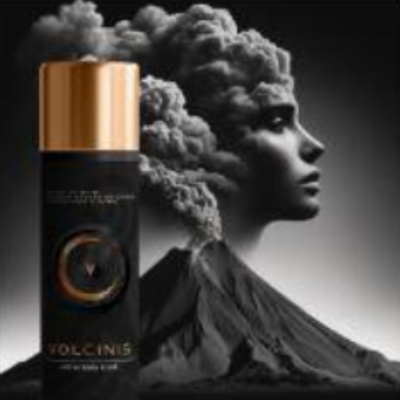WASTEWATER REMEDIATION GAME CHANGER
The Rare Earth Farm, (TREF)
A minority-owned company, TREF is dedicated to harvesting and marketing organic products derived from rare volcanic rock. Our vision is to be a transformative force, improving lives by harnessing the natural abundance of volcanic rock and the expertise of our talented team. Our latest innovation—an independently tested, organic Volcanic Rock (VR) solution—embodies this vision.
Wastewater Management Redefined
Wastewater management is critical for maintaining clean water systems, protecting ecosystems, and safeguarding human health. Traditional chemical treatments, while effective, often introduce new environmental risks. pH72® VR offers a natural, sustainable alternative that enhances filtration, reduces chemical dependence, and promotes long-term environmental sustainability.
DOWNSIDES OF STANDARD CHEMICAL TREATMENTS
Common wastewater treatment methods rely on chemicals like chlorine, alum, ferric chloride, and lime. While effective, these substances come with significant environmental and operational drawbacks.
Current Wastewater Treatment Methods:
• Harm to Aquatic Ecosystems: Chemical runoff can disrupt ecosystems, harming wildlife and water quality.
• Reduced Farmland Nutritional Value: Residual chemicals diminish soil fertility, impacting agricultural productivity.
• Increased Operational Costs and Inefficiencies: The use of chemicals raises costs, requires specialized handling, and often results in inefficient long-term processes.
IMPACT OF CHEMICAL CONTAMINANTS ON ECOSYSTEMS
Chemical Residues
Disinfection chemicals like chlorine leave behind harmful byproducts such as trihalomethanes (THMs), which accumulate in rivers, lakes, and oceans. These residues disrupt aquatic ecosystems and enter the food chain.
Algae Blooms and Oxygen Depletion
Chemical runoff creates nutrient imbalances, triggering algae blooms. As algae decompose, they deplete oxygen levels, create dead zones, and block sunlight— severely disrupting marine ecosystems.
Long-Term Soil and Water Contamination
Chemical treatments not only affect water bodies but also contaminate soil and groundwater. This degrades soil quality, disrupts the microbiome, and renders land unsuitable for agriculture or safe drinking water.
CHALLENGES IN CHEMICAL TREATMENT OPERATIONS
Operational Challenges
Handling and applying chemicals such as chlorine requires specialized equipment and training, which increases operational costs, poses safety risks, and heightens the potential for environmental disasters like spills.
Corrosion and Infrastructure Damage
Corrosive chemicals, like ferric chloride, accelerate infrastructure degradation, leading to higher maintenance costs and more frequent repairs or replacements.
High Energy Costs
Chemical treatments require significant energy input, increasing operational carbon footprints and hindering sustainability efforts in wastewater management.
THE NATURAL FILTRATION SOLUTION
VR offers a proven, chemical-free method to purify water and restore soil, effectively neutralizing heavy metals, PFAS, and other contaminants. This reduces environmental risks while delivering health and economic benefits. By adopting
VR's sustainable solution, communities and organizations not only enhance water and soil quality but also position themselves as leaders in environmental stewardship, driving long-term value and unlocking opportunities for meaningful change.
ENVIRONMENTAL & OPERATIONAL BENEFITS
• Simplified application process
• Reduced maintenance and labor costs
• Enhanced safety for operators
• Strong inventory and reliable supply chain
• Improves the health of rivers and streams
• Enhances the nutritional value of farmland
• Supports sustainability goals
WHY VR
A Proven Solution with Immediate Impact
Independently validated by industry leaders, VR effectively stabilizes water quality, protects soil, and enhances crop yields, enabling immediate action to reverse environmental damage.
Building a Legacy of Sustainability and Health for Future Generations
Supporting VR not only addresses current challenges but also fosters a sustainable future, resulting in cleaner water, healthier soil, and safer environments that promote better health for future generations and strengthen community resilience.
Thank You!





